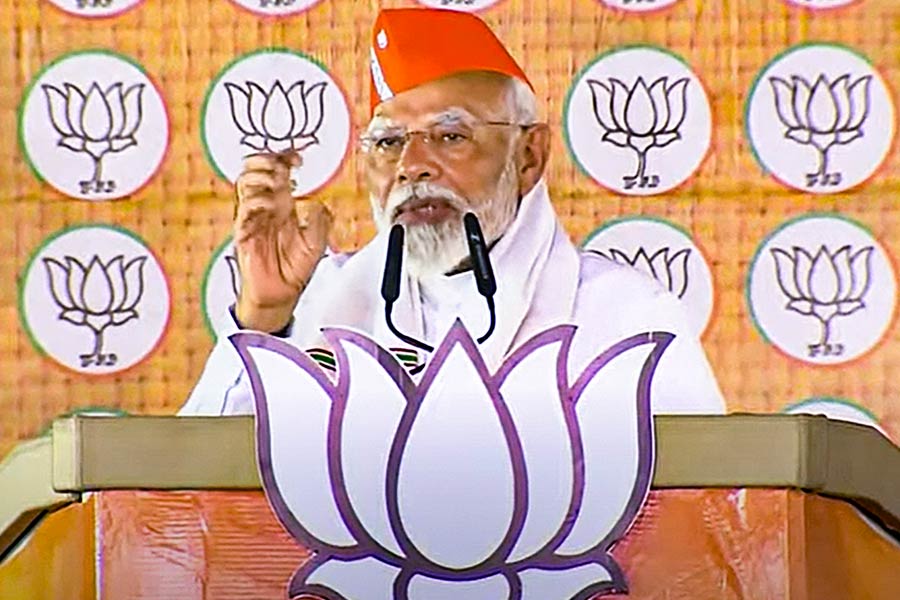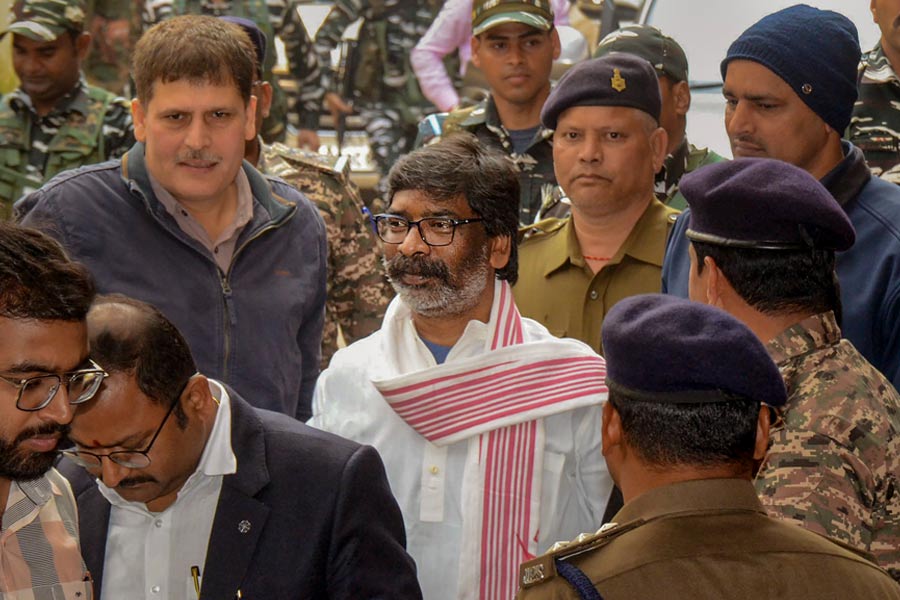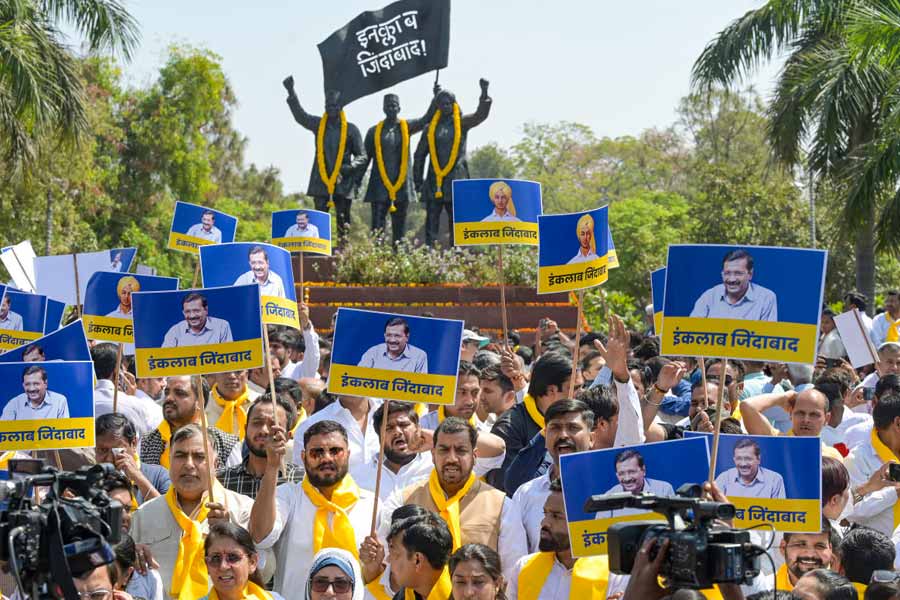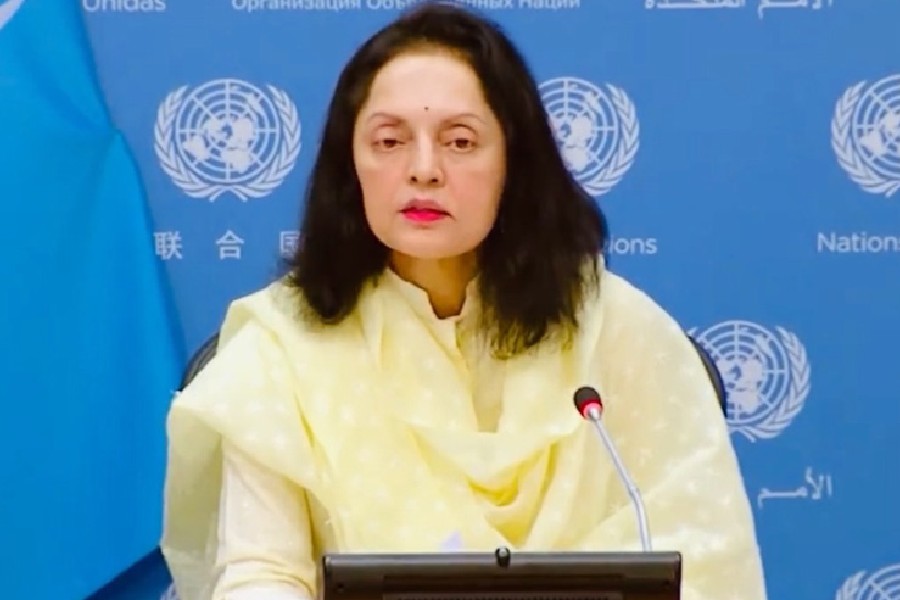Delhi High Court on Tuesday declined to order police to lift traffic restrictions in Kalindi Kunj-Shaheen Bagh and the Okhla underpass, in place since December 15 when women of the neighbourhood came out on the street and began a sit-in that has become the country’s longest continuous protest against the CAA-NRC-NPR.
Disposing of a PIL seeking such a directive, the court however asked the police to examine the plea against the traffic curbs filed by lawyer Amit Sahni.
A bench of Chief Justice D.N. Patel and Justice C. Hari Shankar said the police had the “power, jurisdiction and authority to control the traffic, wherever protests or agitations are going on, in the larger public interest”.
“In such a situation, no specific writ, order or direction can be issued by this court as to how to handle the agitation or protest or the place of protest and the traffic. It all depends upon the ground reality and the wisdom of the police,” it said.
The petitioner had argued that the Kalindi Kunj stretch connects Delhi, Faridabad and Noida and since it is closed commuters are forced to take the Delhi-Noida-Delhi Expressway and Ashram, causing traffic jams and waste of time and fuel. It had sought a directive to the Delhi police commissioner to remove the restrictions.
The court said: “We hereby direct the concerned respondent authorities (police) to look into the grievances ventilated by the petitioner in this writ petition... about the restrictions on usage of the road... and will react in accordance with law, rules, regulations and the government policies applicable to the facts of the present case.”










